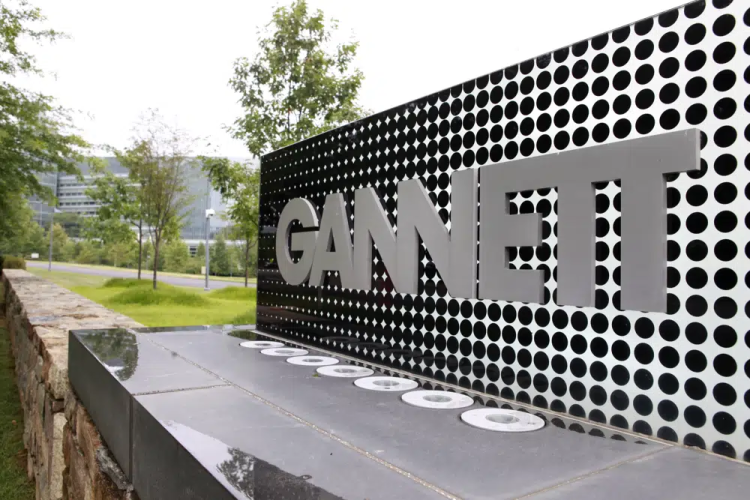Gannett has taken legal action against Google and its parent company Alphabet, asserting that they possess unlawful monopolies in the advertising technology tools utilized by publishers and advertisers for the purchase and sale of online ad space.
As the largest newspaper publisher in the United States based on total daily circulation, Gannett claims in the lawsuit that Google exercises control over how publishers sell their ad slots. It allegedly compels them to allocate an increasing portion of ad space to Google at reduced prices. Consequently, publishers and Google’s ad-tech competitors generate less revenue, while Google gains more financial advantage.
In January, the Justice Department and eight states filed an antitrust lawsuit against Google, aiming to dismantle its alleged monopoly over the entire online advertising ecosystem. They argued that Google’s actions harm advertisers, consumers, and even the U.S. government. The lawsuit accused the company of unlawfully monopolizing the delivery of online ads by excluding competitors.
In 2021, the European Union initiated an antitrust investigation into Google’s dominant position in the digital advertising market. Recently, EU regulators have leveled new antitrust charges against Google, asserting that the only way to address concerns about its profitable digital ad business is by divesting parts of the tech giant’s primary revenue generator.
This decision to advocate for such a breakup signifies a significant escalation by Brussels in its efforts to curb the influence of Silicon Valley’s digital giants. It aligns with a similar endeavor by U.S. authorities aiming to dismantle Google’s alleged monopoly in the online advertising ecosystem.
Gannett CEO Mike Reed expressed in an opinion piece published by USA Today, which is owned by Gannett, that the company seeks to “restore fair competition in a digital advertising marketplace that Google has decimated.” Reed accuses Google of engaging in unlawful bid-rigging practices that have adversely affected local news outlets and caused them harm.
According to Reed, the crux of the case and Gannett’s standpoint is that Google exploits its monopoly over the ad server to create obstacles for competing exchanges to conduct competitive auctions. He asserts that these actions constitute abuse of power.
In response, Dan Taylor, the Vice President of Google Ads, contradicts these claims, stating that publishers have multiple options available to them for monetizing through advertising technology. He emphasizes that Gannett itself uses numerous competing ad services, including Google Ad Manager. Taylor also highlights that when publishers opt to utilize Google’s tools, they retain the majority of their revenue. Google intends to demonstrate in court how their advertising products benefit publishers and contribute to funding their online content.
Gannett’s lawsuit has been filed in the U.S. District Court for the Southern District of New York. The company seeks unspecified damages and injunctive relief, and they have requested a trial by jury to address the matter.









